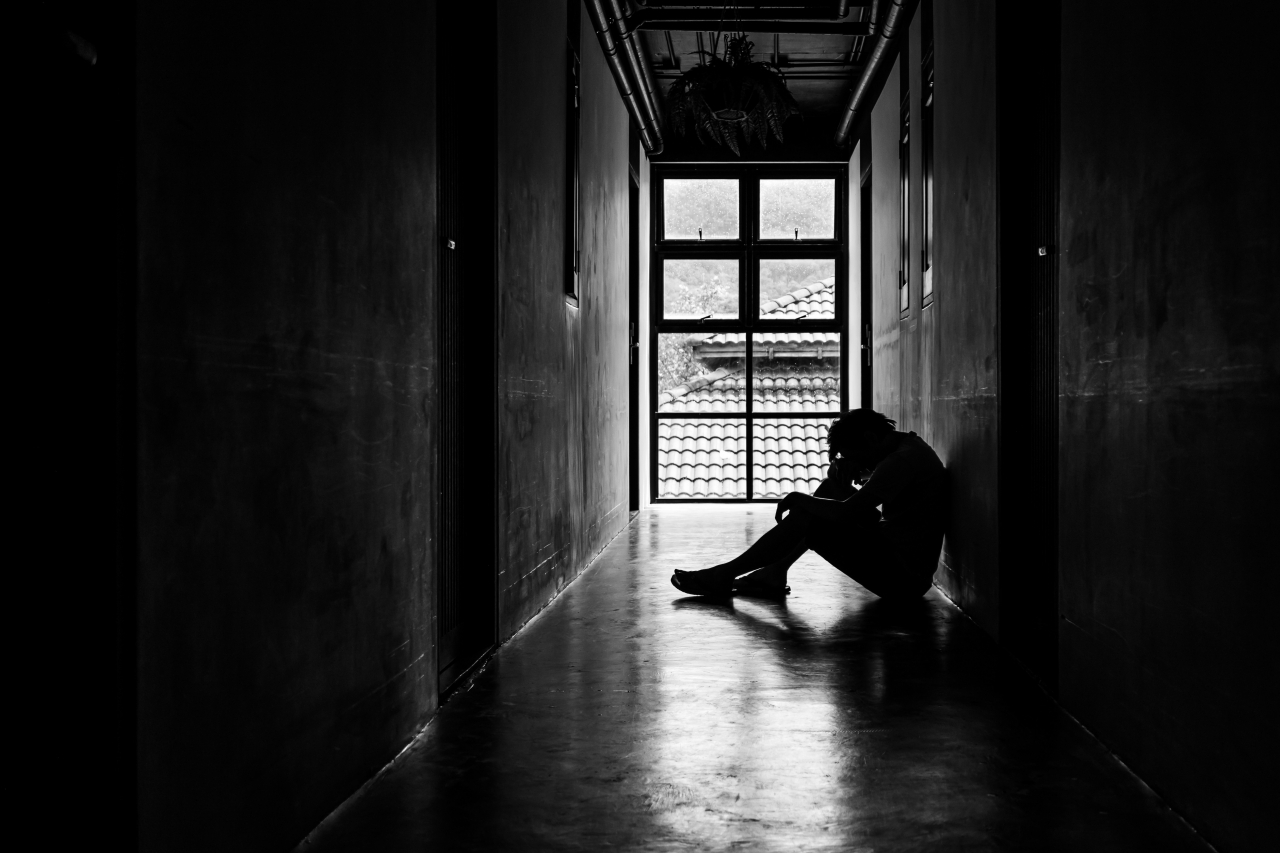The lonely city: 4.5 percent of Seoul’s youth ‘disconnected’ from society
By Yoon Min-sikPublished : Jan. 22, 2023 - 14:01
Approximately 4.5 percent of the youth population in Seoul have been cut off from society, a recent report by the metropolitan government said Wednesday, with many of them citing difficulties in finding jobs and personal relationships as the main culprit.
The report by the Seoul Metropolitan Government surveyed 5,513 people aged between 19 and 39 living in the city, and found that 4.5 percent of them could be defined as “isolated” or “reclusive.” City officials defined “isolated” as anyone who has been in emotional or physical isolation from a majority of society for at least six months, and “reclusive” as a narrower definition of someone who has not worked and has rarely left home for the six months.
Based on this number, officials said as many as 129,000 young people across the metropolis and 610,000 across the country could be in isolation. About 28.5 percent of the respondents said they have been reclusive for more than five years.

The biggest cause for isolation and reclusion was “difficulty in finding jobs or loss of job” at 45.5 percent, followed by “psychological and mental difficulty” (40.9 percent) and “difficulty in communication and having relationships with other people” (40.3 percent).”
The survey also found that members of the isolated or reclusive youth population – hereafter referred to as isolated youth -- are more likely to have had difficulties growing up. Before reaching adulthood, 62.1 percent said they had a family member undergoing a difficult experience. Meanwhile, 57.8 percent said their family had financial difficulties and 57.2 percent said they were bullied by someone they knew.
Financial difficulties appeared to be a major factor, as 64.7 percent of isolated youth said their social status and financial situations were lower than the average, compared to 31.4 percent of youth who were not isolated. As such, financial support was the number one factor they sought to escape the situation, with 57.2 percent of the respondents saying so.
Many of the isolated youth also assessed that they were in poor physical condition, with 43.2 percent saying so compared to 14.2 percent of non-isolated youth. More isolated youth also said they took medication to treat mental health compared to non-isolated youth at 18.5 percent versus 8.6 percent, respectively.
About 78.2 percent of the isolated youth said that they were feeling some level of depression, compared to 48.5 percent of non-isolated youth.
Youth mental health has surged as a relevant issue recently in South Korea. According to Statistics Korea, 65.1 percent of the deaths of 20-somethings were from physical damage inflicted by oneself.
The National Human Rights Commission of Korea on Tuesday said it has suggested to the Ministry of Health and Welfare that government programs for youth mental health should be expanded and be more approachable.
The Seoul survey showed that the majority of isolated youth sought to escape their situations, as 55.7 percent answered yes to the question on whether they wished not to be isolated.









![[Graphic News] More Koreans say they plan long-distance trips this year](http://res.heraldm.com/phpwas/restmb_idxmake.php?idx=644&simg=/content/image/2024/04/17/20240417050828_0.gif&u=)
![[KH Explains] Hyundai's full hybrid edge to pay off amid slow transition to pure EVs](http://res.heraldm.com/phpwas/restmb_idxmake.php?idx=644&simg=/content/image/2024/04/18/20240418050645_0.jpg&u=20240419100350)







![[KH Explains] Hyundai's full hybrid edge to pay off amid slow transition to pure EVs](http://res.heraldm.com/phpwas/restmb_idxmake.php?idx=652&simg=/content/image/2024/04/18/20240418050645_0.jpg&u=20240419100350)

